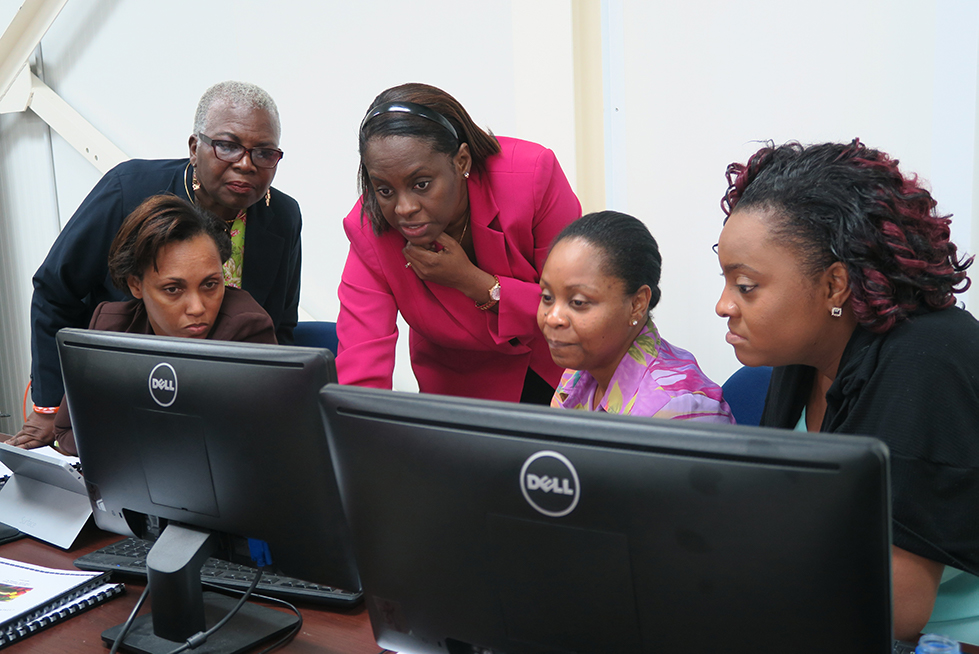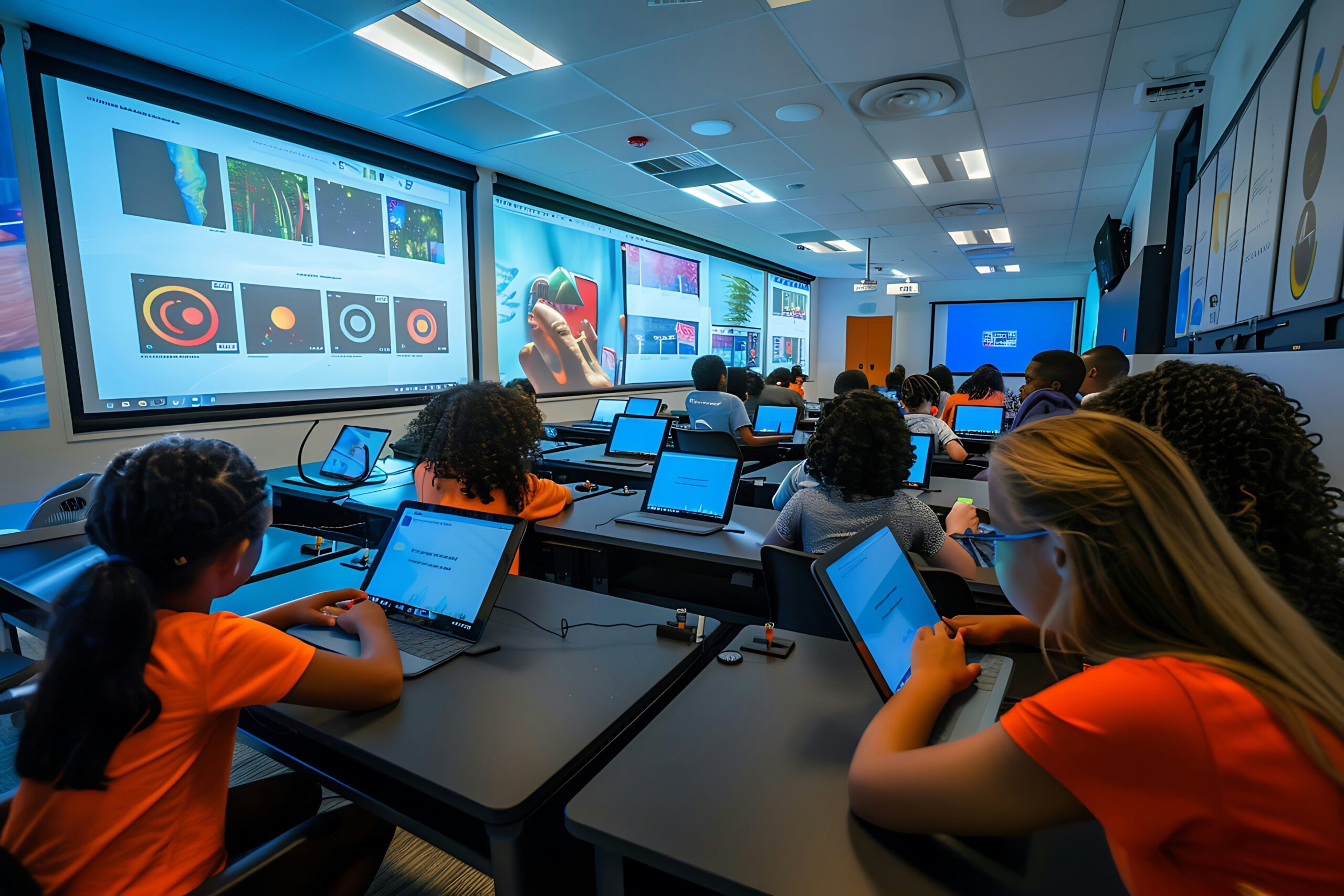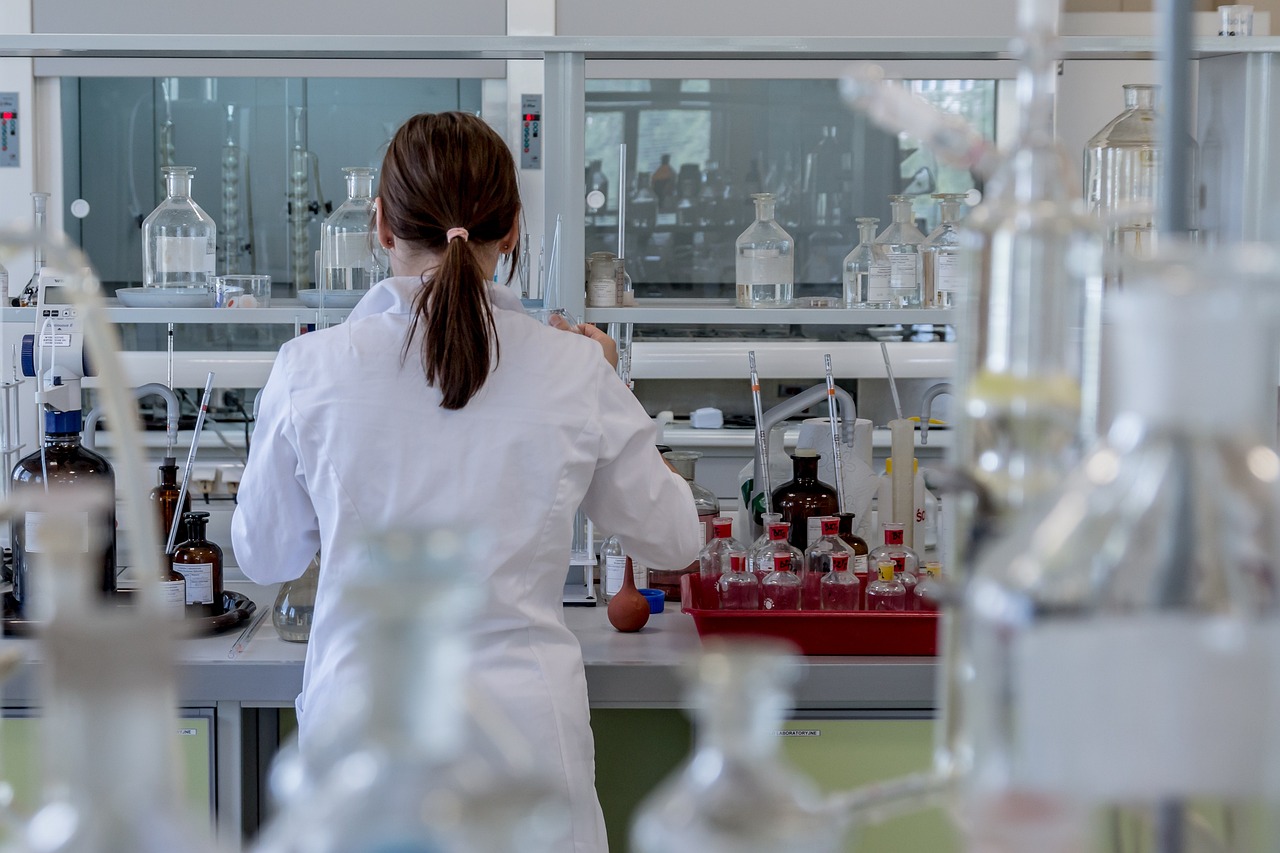In 2025, we can code AI in classrooms and 3D-print prosthetics in school labs. Yet, many STEM educators still teach with outdated tools and zero exposure to emerging science trends. The global education sector is rapidly advancing, but in too many regions—especially under-resourced ones—teachers are being left behind.
Let’s be clear:
🚫 Training is not a luxury.
✅ It is the infrastructure of educational progress.
The Data is Clear: Undertrained Teachers = Underperforming Systems
According to UNESCO, more than 69 million teachers must be recruited and trained globally by 2030 to meet education targets.
In sub-Saharan Africa, over 70% of science teachers lack access to regular professional development.
A 2022 Education Development Trust study found that students taught by continually trained teachers outperform their peers by up to 20% in STEM literacy.
This isn’t just a “developing country” problem. Even in high-income nations, fast-moving STEM innovations are outpacing classroom practice. If we want to prepare students for climate-resilient jobs, green innovation, or the AI workforce, the educators guiding them must be equipped—constantly.
What Does “Ongoing Support” Look Like in Practice?
Real support isn’t a one-off seminar. It’s a system that recognizes teachers as dynamic professionals. Examples that work:
- Kenya’s Digital Literacy Programme (DLP) has empowered thousands of teachers with hands-on training in ICT integration, including the use of digital devices, interactive content, and 21st-century teaching skills. Through this initiative, educators are now better equipped to deliver tech-enhanced STEM learning, reaching over 22,000 public primary schools and significantly advancing digital competence in classrooms nationwide.
- In the UK, the STEM Learning CPD programme offers a wide range of high-impact professional development opportunities for teachers and technicians across all STEM subjects. With both remote and face-to-face options, courses are designed to build subject knowledge, pedagogical skills, and leadership capacity. These CPD sessions are delivered by experienced educators and tailored to support teachers at all career stages—from early-career professionals to subject leaders—ensuring a practical, flexible, and research-informed approach to classroom transformation.
Training also includes:
- Access to digital learning communities for resource sharing
- Peer-led mentorship circles and reflection cycles
- Localized, modular programs in topics like robotics, climate literacy, and inclusive science education
When We Invest in Teachers, Everyone Wins
Let’s connect the dots:
- A teacher trained in digital labs will help students code simulations—not just draw diagrams.
- A teacher trained in climate science will raise future environmental innovators—not just textbook readers.
- A teacher trained on adaptive tools will include learners of all abilities—closing the STEM equity gap.
🧠 It’s simple:
Trained teachers → Better classrooms → Skilled graduates → Sustainable futures
We need to shift from intervention to infrastructure. From isolated training events to robust, continuous ecosystems of educator development. Because when we empower those who teach, we transform those who will lead.




